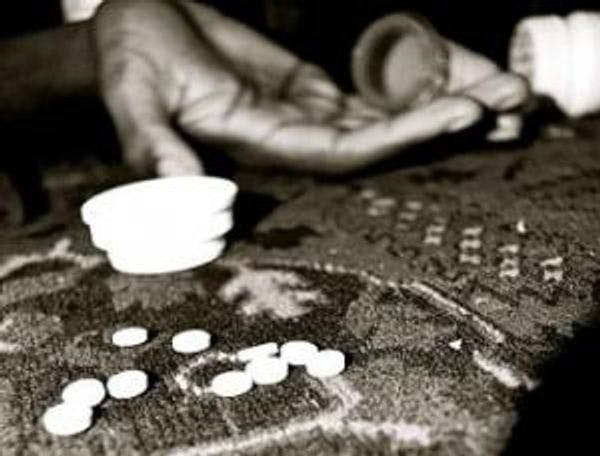Leyes del buen samaritano en casos de sobredosis en los Estados Unidos: lecciones aprendidas en el estado de Washington
Las leyes del buen samaritano en casos de sobredosis de drogas garantizan la inmunidad jurídica a toda aquella persona que solicite ayuda médica en tales situaciones. Más información, en inglés, está disponible abajo.
Suscríbase a las Alertas mensuales del IDPC para recibir información sobre cuestiones relacionadas con políticas sobre drogas.
Drug overdoses persist as a major cause of preventable death. Calling 911 during an overdose can mean the difference between life and death, but witnesses sometimes do not call because they perceive that they may be arrested. Proponents of drug overdose Good Samaritan laws aim to address this concern by providing limited immunity to overdose witnesses and victims. Opponents argue that immunity will provide a “get-out-of-jail-free card” and interfere with the work of police and prosecutors.
Drug overdose Good Samaritan laws are in effect in 10 states and the District of Columbia and are being actively considered by at least a half-dozen state legislatures as of March 2013. In 2010, Washington State became the second state to pass a law incorporating a Good Samaritan provision providing immunity from drug possession charges; immunity applies to a person who seeks medical aid during an overdose (e.g., by calling 911 or taking someone to the ER), and to a person having an overdose.
Click here to read the full article.
Keep up-to-date with drug policy developments by subscribing to the IDPC Monthly Alert.
